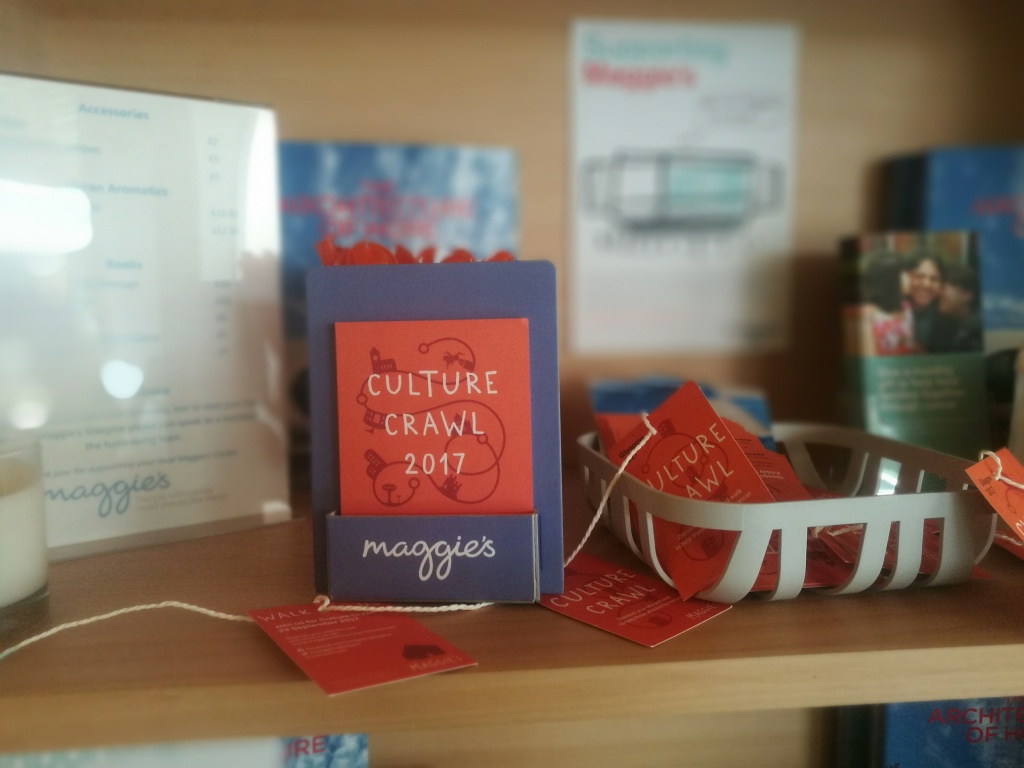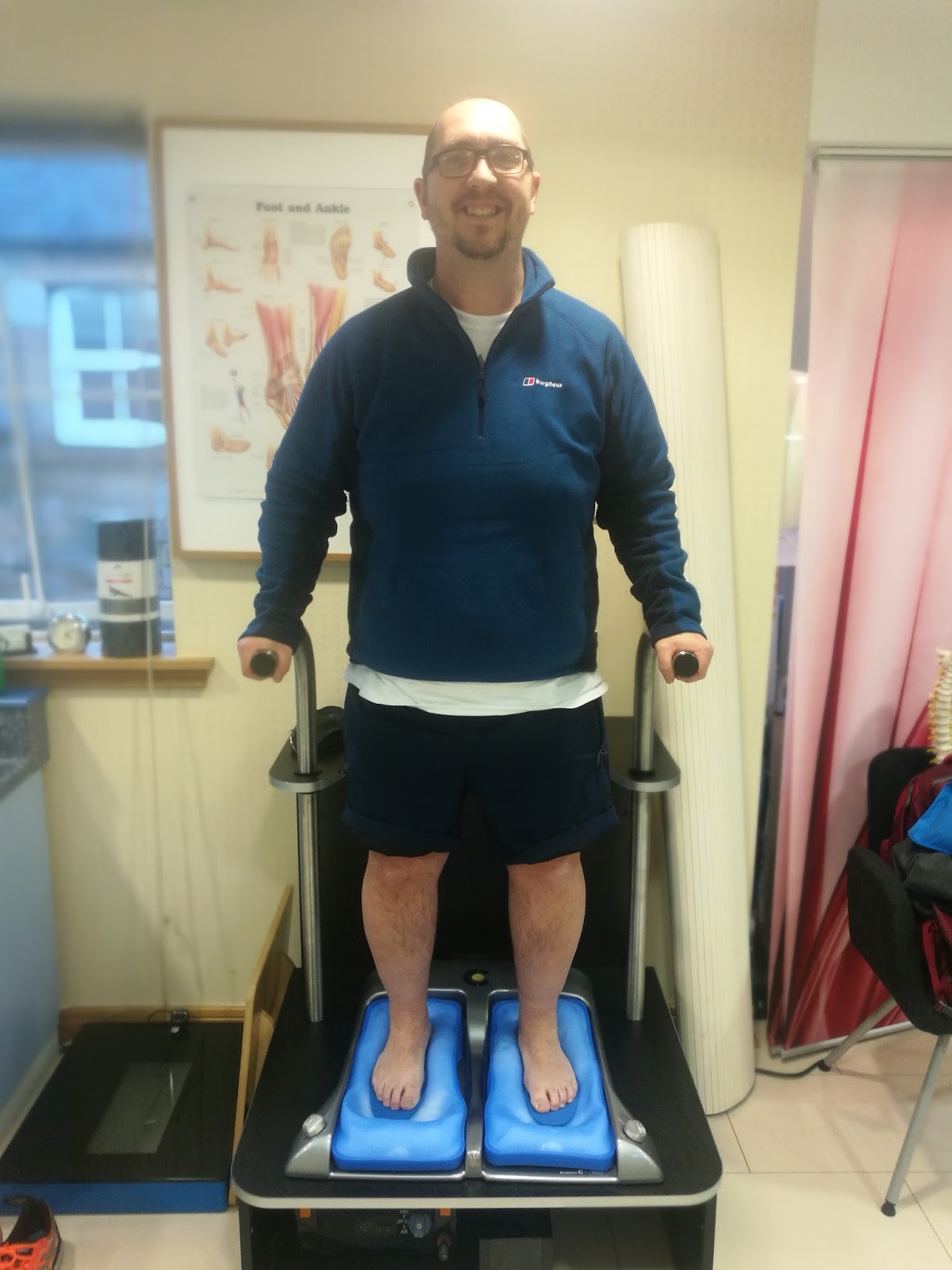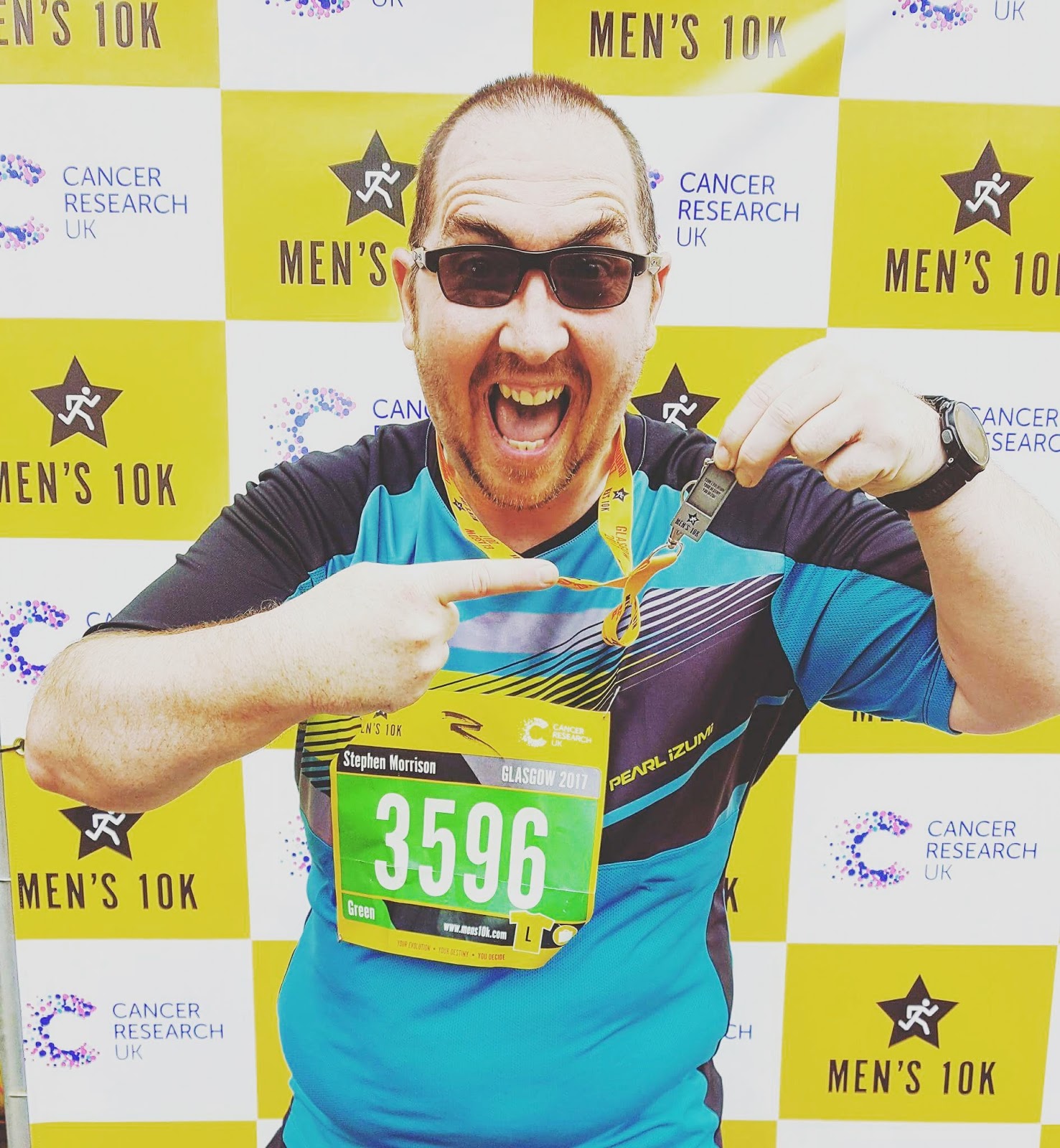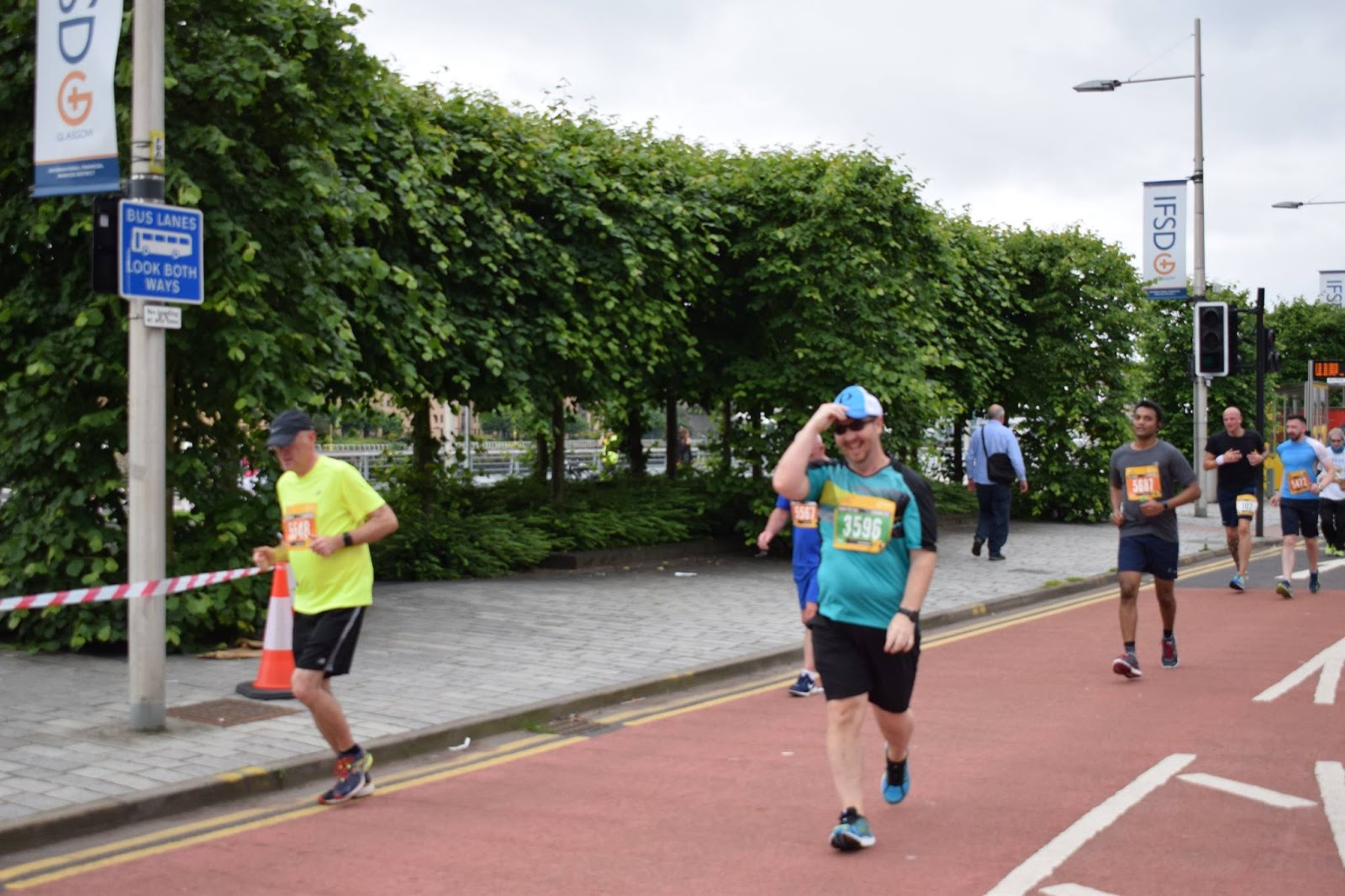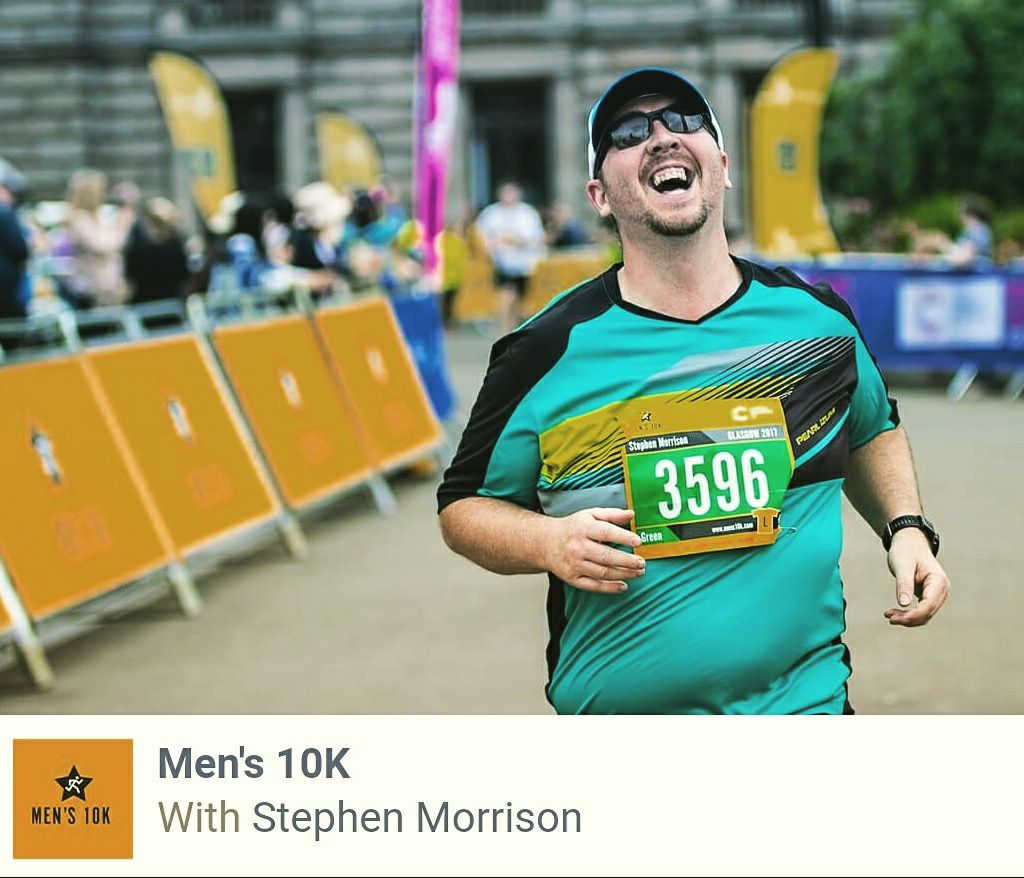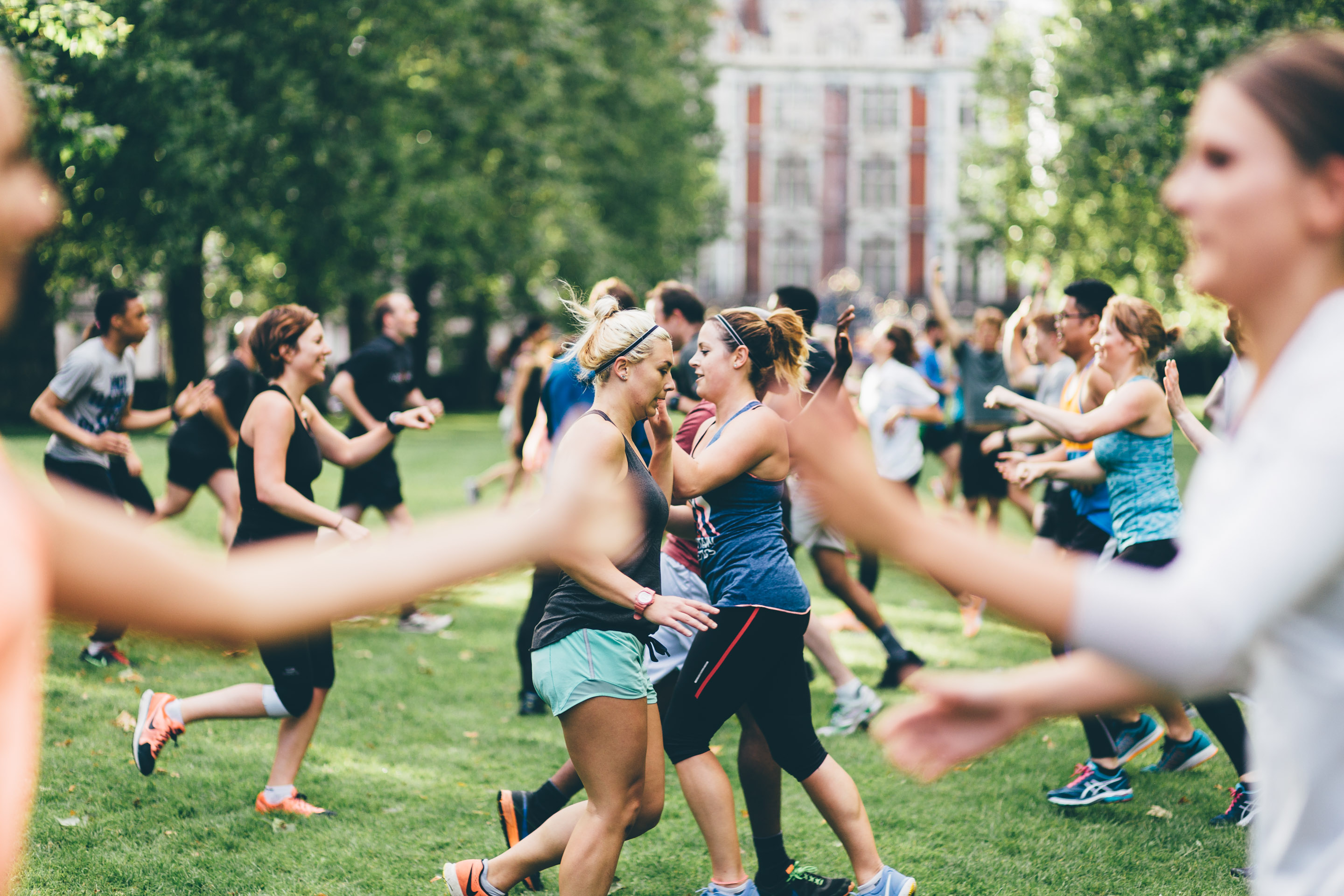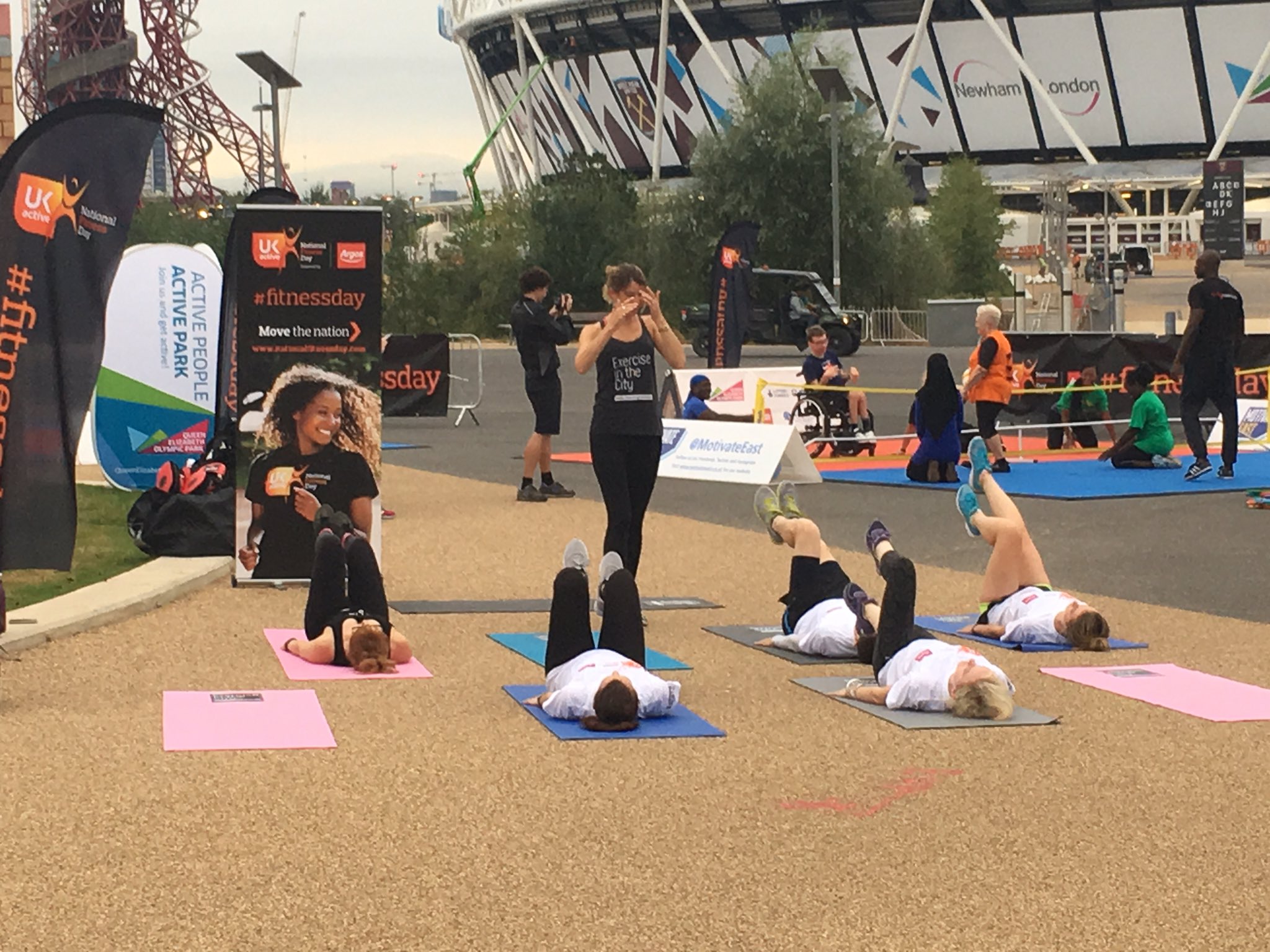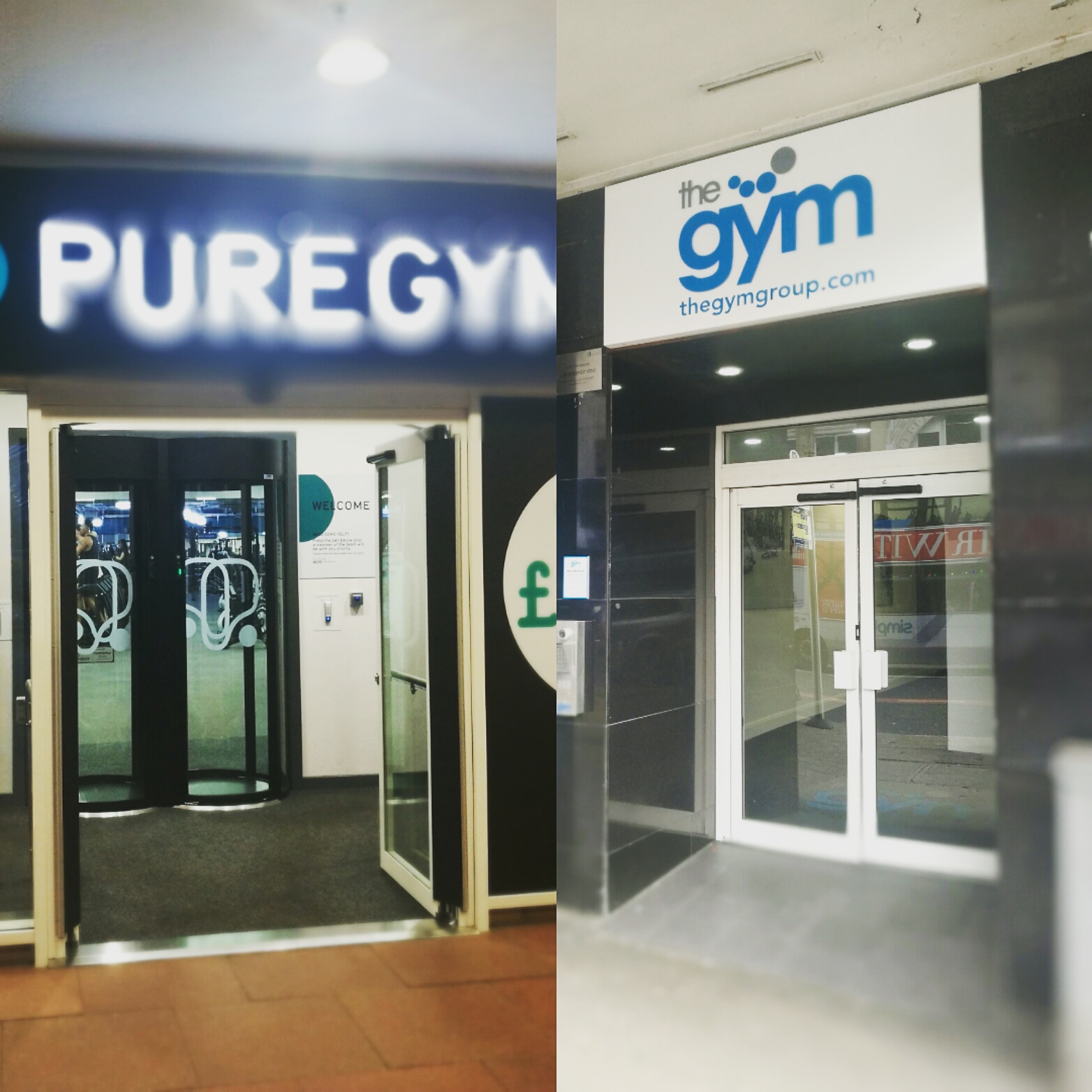I read the statistic and it horrified me. Most of us can say that we know someone who has cancer, but the startling and frightening truth is that 1 in 2 of us born after 1960 will be diagnosed with cancer in our lifetime (1).
50% of us will be diagnosed with cancer while the other 50% will likely have a loved one diagnosed.
In truth, it is possible that all of our lives will be affected by cancer in some way and over the last few weeks, I have been learning about some of the services in place to help those diagnosed with cancer and their families.
Maggie’s Centres is a charity established in 1996 and they are now located in the grounds of 20 hospitals across the UK. A Maggie’s Centre is a place that offers free practical, emotional and social support to people with cancer and their families. It is a place where anyone can come for a chat, a cup of tea or just to find a quiet space to relax.
It is a home away from home.

A home from home
Before I arrived, I expected the building to look like any other hospital building. Sterile and clinical. Instead, I was overwhelmed with how warm and welcoming the centre was. There were open planned sitting areas, open gardens, and open arms. Light shone in and smiles radiated from almost every face. This was not a place full of people suffering; many were thriving and the staff were almost indistinguishable from the visitors as everyone moved freely and engaged positively.
It was moving and reassuring and at this point, I must have gotten something in my eye. Possibly some pollen from these flowers.

Maggie’s is a place to grow
I eventually managed to clear my eye and I sat down with one of the counsellors and we discussed some of the programmes that Maggie’s deliver and I was encouraged to learn about how physical activity is promoted within the centre
We all know that our lifestyle choices can increase the risk of cancer and being over 40 (I know, I do not look it) I recently made the decision to reduce my intake of red meat and to end my love affair with processed meats like bacon (2)
Maggie’s has a fully functioning kitchen and also a nutrition class, but it was their activity programme that I was interested in.
Remaining active while living with cancer has been shown to result in significant improvements in physical functioning, active daily living, shoulder range of movement, cardio-vascular fitness, positive mood, and quality of life. (3)
At Maggie’s, you can join a walking group, try yoga and if feeling up for it you can go for a crawl.
No, this is not some form of functional fitness, but instead, one of the highlights on the Maggie’s social calendar that I spied on a shelf.
The Maggie’s Culture Crawl is open to all. It is an evening of music, dance, comedy, art and of course walking. You get to discover your city in the most wondrous fashion with special access https://healthylivinguk.org/2017/05/28/buy-cialis-20-mg/ to iconic buildings and beautiful venues and entertainment and culinary delights from talented performers and chefs. The walks vary from six to ten miles in length and with regular breaks, they should hopefully be accessible to most.
You get to have fun and you get to help fund the amazing work that Maggie’s continues to deliver.
It all starts in Edinburgh on 22nd September and you can sign up here
The cost of entry to this amazing night is £25 with the expectation that you raise £100 or you can simply pay £75 without having to fundraise.
I will be participating in the Glasgow Culture Crawl on the 29th September and it would be great to have you join me on one of these amazing nights.
Together, we can ensure that those with cancer and their families receive the care and support that can be life enhancing and potentially life saving.
Disclaimer: In return for this post I have received two free entries to the Culture Crawl. However, having witnessed and been overwhelmed by the care and support they provide, I have decided that I am going to make regular donations to Maggie’s, starting with any fees that I receive for writing for Expedia

Eyes now clear, it was time for me get home
References:
- https://www.ncbi.nlm.nih.gov/pmc/articles/PMC4453943/
- https://www.ncbi.nlm.nih.gov/pmc/articles/PMC3493769/
- http://www.bmj.com/content/334/7592/517


